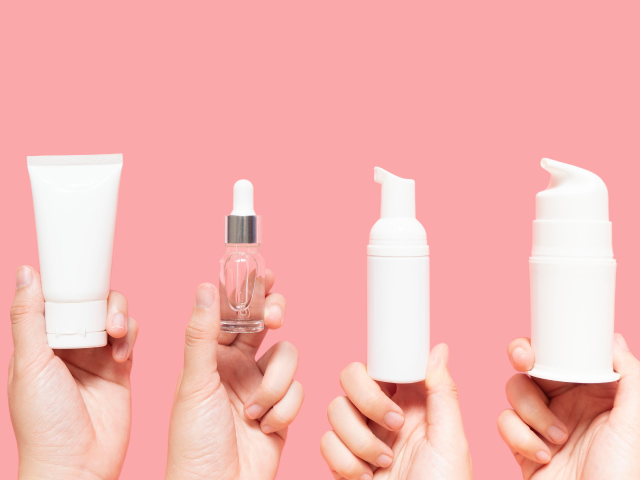
Colombian cosmetics industry and their commitment to sustainability
The Colombian cosmetics industry has demonstrated its commitment to sustainability through actions aimed at the search for and implementation of sustainable raw materials, a necessary approach for a current market in which consumers are increasingly environmentally conscious and, therefore, make their purchasing decisions taking into account the origin of the products and the materials used to manufacture them. Thus, the industry has focused on the intended use and optimization of natural resources, producing sustainable raw materials that help mitigate traditional production's impact on the environment and betting on working models aligned with the UN SDGs (Sustainable Development Goals). Such actions not only pave the way for the industry to keep up with global trends around sustainability but also represent an added value in terms of competitiveness and attracting FDI.
State of the cosmetics industry: figures, projections, and new realities
Due to COVID-19, the global cosmetics industry, growing between 4% and 5.5% in previous years, fell by 8% in 2020. After the crisis, the sector (estimated at US$288 billion) recovered with a growth of 8% in 2021 and gained back the lost ground with optimistic projections for 2022 and the following seven years, according to Statista figures. In Colombia, in terms of beauty and grooming products, the spending figure reached US$323 million in the previous year, according to information from Raddar, a consumer consulting firm. According to ANDI data, Colombia ranks fourth in sales of makeup and cosmetics in Latin America. The beauty sector in the country, which includes cosmetics, is expected to grow by 11.6% in the coming years, and, in addition, by the end of 2022, the cosmetics segment will total US$69 million.

With the reactivation also came a radical change in analog methods. The industry globally bet heavily on migrating to digital environments, focusing much of its efforts on monetizing its sales channels by e-commerce and connecting with new audiences to move face-to-face experiences to the virtual world, trying to find the digitally native audiences and reach them where they are. In this sense, leading brands such as Clinique or Dior have taken steps towards the new reality of the metaverse, betting on strategies such as NFT giveaways in their social networks or launching digital makeup collections. In Colombia, brands such as Krika Cosmetics are not only developing apps so users can shop and access tutorials and courses but also working to implement product recognition technologies with AI.
Colombian cosmetics industries and their commitment to sustainability
The cosmetics sector in Colombia, in addition to standing out in terms of figures in the region, is leading strategies and processes to shift towards sustainable alternatives that contribute to reducing environmental impact. Globally leading companies such as L'Oréal have projected that, by 2030, 95% of the materials used in their products will be of natural origin. In line with this trend, Colombian brands such as CaryO and Green Andina Colombia are developing innovative and responsible raw materials throughout their process from resources such as the Cacay tree, an ancestral tree of the Colombian Orinoco, or aromatic plants and fruits. Also, the Colombian industry is positioning and marketing cosmetics made with raw materials and derivates of flagship agricultural products, such as avocado oil or cocoa seed butter.
On the other hand, companies such as Genomma Lab or Natura operating in Colombia are committed to sustainability through strategies like the implementation of sustainable raw materials from plants (even developing entirely vegan product lines), the use of recycled material in packaging, the commitment to the absence of microplastics in rinse-off products, the transformation of its soap formulas to vegetable-based formulas and the use of organic alcohol for perfumery, in addition to being aligned with the SDGs for 2030 by articulating them in its operation and working to achieve clean and environmentally friendly manufacturing processes. Similarly, the country promotes cosmetics free of animal testing through Law 2047 of 2020, which prohibits experimenting, importing, manufacturing, or marketing cosmetic products, their ingredients, or combinations tested on animals, which attests that the commitment of the Colombian cosmetics industry covers all fronts.

As the cosmetics industry has a high environmental impact, given that, for example, a significant amount of the ocean's polluting particles come from their products, the commitment to the transition to measurable environmental inputs, processes, practices, and, above all, objectives is of vital importance. Fortunately, Colombia is already taking firm steps in this direction.






